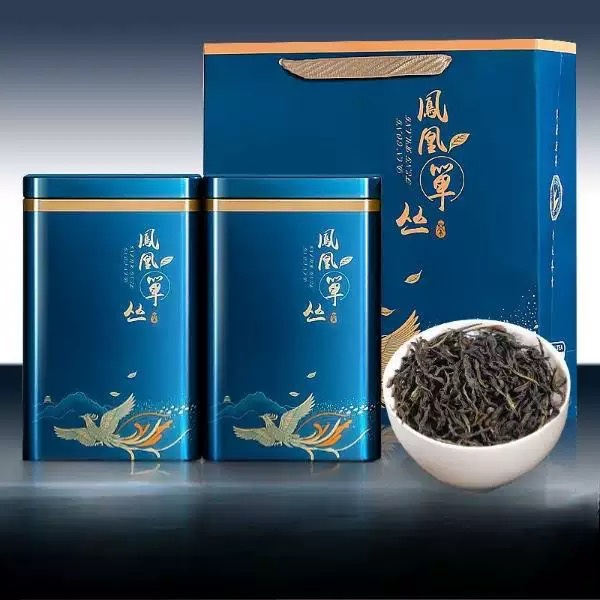
# The Cultural Significance of Oolong Tea in China
## Introduction to Oolong Tea
Keyword: Oolong Tea in Chinese Culture
Oolong tea, known as “wūlóng chá” (乌龙茶) in Mandarin, holds a special place in Chinese culture. This partially oxidized tea variety bridges the gap between green and black teas, offering a complexity of flavors that has captivated tea enthusiasts for centuries.
## Historical Roots
The origins of oolong tea trace back to the Fujian province during the Ming Dynasty (1368-1644). Legend tells of a tea farmer who was distracted by a deer while processing his leaves, resulting in partial oxidation. This happy accident created what we now know as oolong tea.
Regional Variations
China boasts several famous oolong-producing regions, each with distinct characteristics:
- Wuyi Mountains (Fujian) – Produces mineral-rich “rock teas” like Da Hong Pao
- Anxi County (Fujian) – Home to the floral Tieguanyin variety
- Phoenix Mountains (Guangdong) – Known for single-bush Dan Cong oolongs
## Tea Ceremony and Social Customs
Oolong tea plays a central role in traditional Chinese tea ceremonies, particularly the Gongfu Cha (功夫茶) method. This elaborate preparation emphasizes:
– Small teapots and cups
– Multiple short infusions
– Appreciation of aroma and aftertaste
– Social bonding through shared tea drinking
## Health and Wellness
Traditional Chinese Medicine values oolong tea for its balancing properties. Modern research has confirmed many health benefits including:
Improved metabolism
Heart health support
Mental alertness without jitters
Antioxidant properties
## Cultural Symbolism
Beyond its physical properties, oolong tea represents important cultural concepts:
Balance
The partial oxidation process symbolizes the Taoist principle of yin-yang balance.
Refinement
The complex processing methods demonstrate Chinese craftsmanship.
Hospitality
Offering oolong tea to guests remains a fundamental social ritual.
## Modern Appreciation
Today, oolong tea continues to evolve while maintaining its cultural roots. Contemporary tea houses blend tradition with innovation, introducing new generations to this ancient beverage. The global popularity of oolong tea serves as a testament to its enduring cultural significance.
